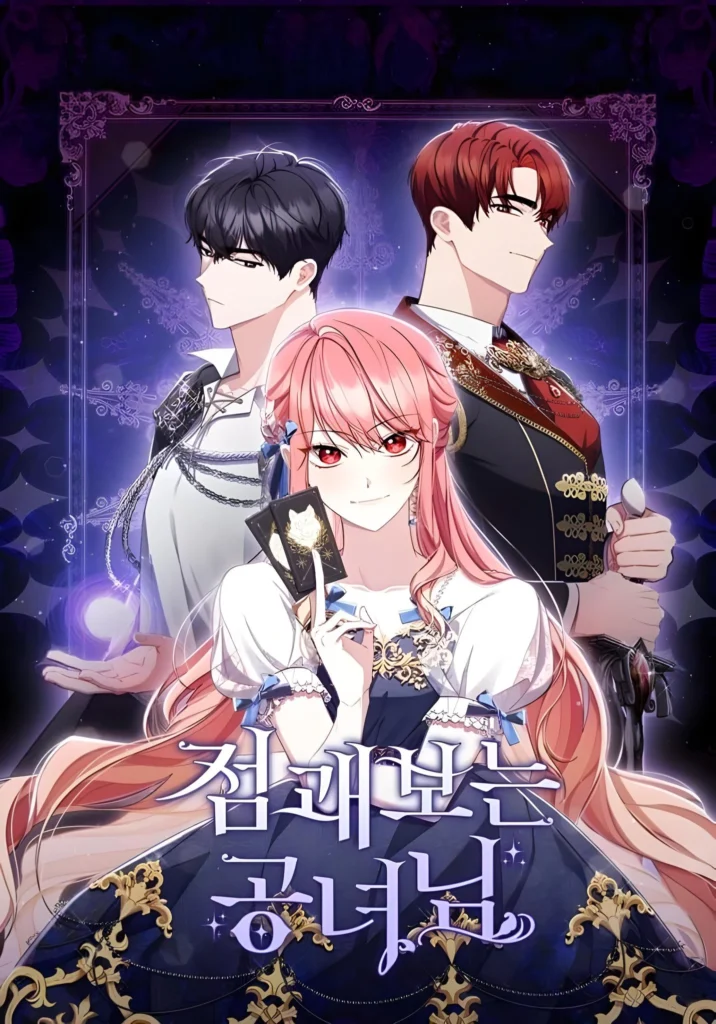In the world of manga, stories often captivate readers with intriguing plots, characters, and unexpected twists. But every once in a while, something happens outside the pages that sparks just as much curiosity. This brings us to a captivating claim: “I was the real owner of Elheim manga.” For fans and enthusiasts of Elheim manga, this statement may raise many questions about the ownership and creative process behind this beloved series.
In this article, we’ll explore the story behind the Elheim manga, delve into the complexities of ownership rights, and uncover the truth behind this bold claim. If you’ve ever wondered about the intricate workings of the manga industry and the controversy surrounding intellectual property, keep reading.
I Was the Real Owner of Elheim Manga: What Does This Mean?
The phrase “I was the real owner of Elheim manga” suggests that there may have been some confusion or dispute about who held the true ownership rights to the series. When we talk about ownership in the context of manga, it can refer to a variety of things, from the original concept and characters to the rights to publish, distribute, or even adapt the work into other media like anime or merchandise.
In the case of Elheim manga, there are likely several factors that contributed to this statement. Whether it’s a legal dispute, creative differences, or a misunderstanding, it’s essential to unpack these issues carefully.
Read Also: i was the real owner of elheim manga
Who Was the Original Creator of Elheim Manga?
Before we dive into the claim of ownership, let’s take a look at the origin of the Elheim manga. Elheim, a fantasy manga series that garnered a significant fan base, was known for its rich world-building, compelling characters, and intricate storyline. The manga was initially credited to a well-known mangaka (manga creator), who worked with a team of artists, writers, and publishers to bring the story to life.
However, as with many creative projects, the actual process of producing a manga involves collaboration. While one person may be credited as the “creator,” many people contribute to the development, marketing, and distribution of the manga.
The Complexity of Manga Ownership
The statement “I was the real owner of Elheim manga” brings up an important issue within the manga industry: ownership rights. Manga ownership isn’t always as simple as one person holding all the rights. There are often multiple parties involved, including:
- The Mangaka: The original creator who writes the story and designs the characters.
- The Publisher: The company responsible for printing, distributing, and marketing the manga.
- Collaborators: Co-writers, artists, and editors who may have played a role in shaping the final product.
- Licensing Companies: Those that handle international distribution, anime adaptations, and merchandise.
When multiple entities are involved, disputes can arise about who owns the rights to the intellectual property, especially when the manga gains popularity. This could be one reason behind the claim of being the “real owner” of the Elheim manga.
Why the Claim “I Was the Real Owner of Elheim Manga” Matters
In the world of manga and other creative industries, ownership disputes are not uncommon. The claim “I was the real owner of Elheim manga” may highlight deeper issues in the industry, such as:
1. Creative Control
One possible reason for this claim could be related to creative control. Sometimes, a creator may feel that their original vision for the manga was altered by editors, publishers, or other stakeholders, leading to disagreements about who truly “owns” the creative direction of the story.
2. Legal Disputes
Another reason behind this bold statement could be a legal dispute over intellectual property rights. Ownership disputes in the manga industry can involve contracts, royalties, and licensing agreements, all of which can become contentious if there’s a lack of clarity.
3. Recognition and Credit
The claim may also be about recognition. In some cases, the person who contributed significantly to the creation of a manga may feel they weren’t given proper credit. This is especially common when multiple artists or writers collaborate on a project, but only one person is publicly acknowledged.
Read Also: i was the real owner of elheim manga
The Importance of Proper Contracts in the Manga Industry
One of the lessons we can learn from the statement “I was the real owner of Elheim manga” is the importance of proper contracts and clear communication in the manga industry. Here are a few key points creators and publishers should consider:
1. Clear Ownership Terms
Before starting any project, it’s crucial to have clear terms about who owns what. This should include details about who holds the rights to the story, characters, and any potential adaptations (such as anime or merchandise).
2. Royalties and Compensation
Royalties should be clearly outlined in contracts, ensuring that all parties involved in the creation of the manga receive fair compensation for their work, especially if the series becomes successful.
3. Credit for Contributions
Proper credit should be given to everyone involved in the project, from the main mangaka to the assistants, co-writers, and artists. This can help prevent disputes over ownership and recognition later on.
The Legacy of Elheim Manga
Despite the ownership controversies, the legacy of Elheim manga continues to thrive. Fans of the series remain deeply connected to its characters and storylines, and the series may eventually expand into other media. While the question of ownership may remain, it’s clear that Elheim’s impact on the manga world is lasting.
Impact on Future Manga Creators
The story behind “I was the real owner of Elheim manga” serves as a reminder for future manga creators to be cautious and informed about their rights. The manga industry is complex, and ensuring that proper agreements are in place can help prevent conflicts and protect creative work.

FAQs: I Was the Real Owner of Elheim Manga
1. What does it mean to be the “real owner” of a manga?
Being the “real owner” of a manga refers to holding the rights to the intellectual property, including the characters, story, and any adaptations. Ownership can be shared among creators, publishers, and other stakeholders.
2. Why is there controversy over the ownership of Elheim manga?
The controversy may stem from legal disputes, creative differences, or a lack of clarity about the rights of those involved in creating and publishing the manga.
3. How common are ownership disputes in the manga industry?
Ownership disputes are relatively common in the manga industry, especially when multiple parties are involved in creating a popular series. These disputes often involve issues of recognition, royalties, and creative control.
4. What can manga creators do to protect their rights?
Manga creators should ensure that they have clear contracts outlining ownership, royalties, and credit for their contributions. Consulting with legal professionals can also help protect their intellectual property.
Conclusion
The claim “I was the real owner of Elheim manga” raises important questions about ownership, recognition, and the complexities of the manga industry. While the details behind the claim may not be fully clear, it highlights the need for proper contracts, fair compensation, and clear communication in creative projects.
As fans continue to enjoy the world of Elheim manga, the legacy of the series will undoubtedly remain a topic of interest, both for its storytelling and the controversies surrounding its ownership.



